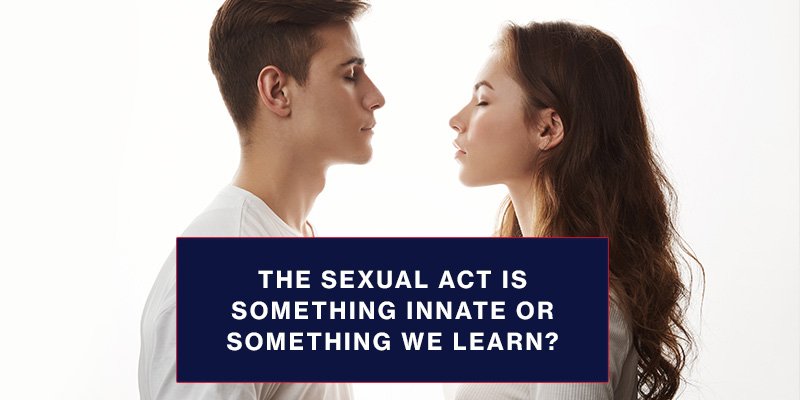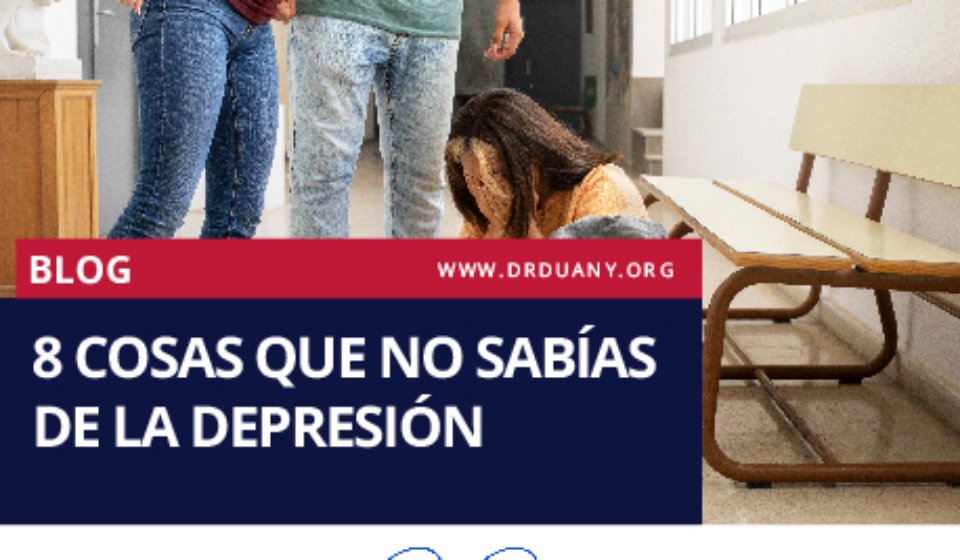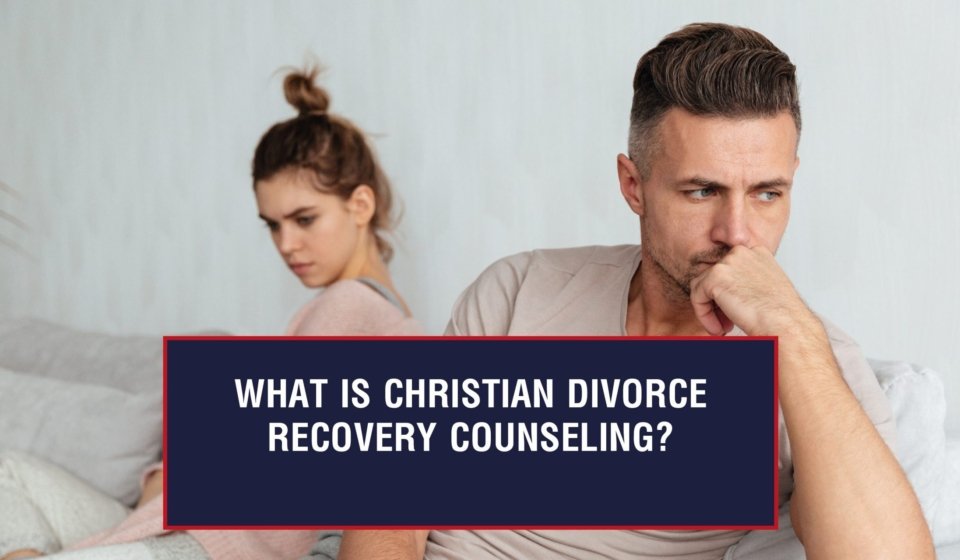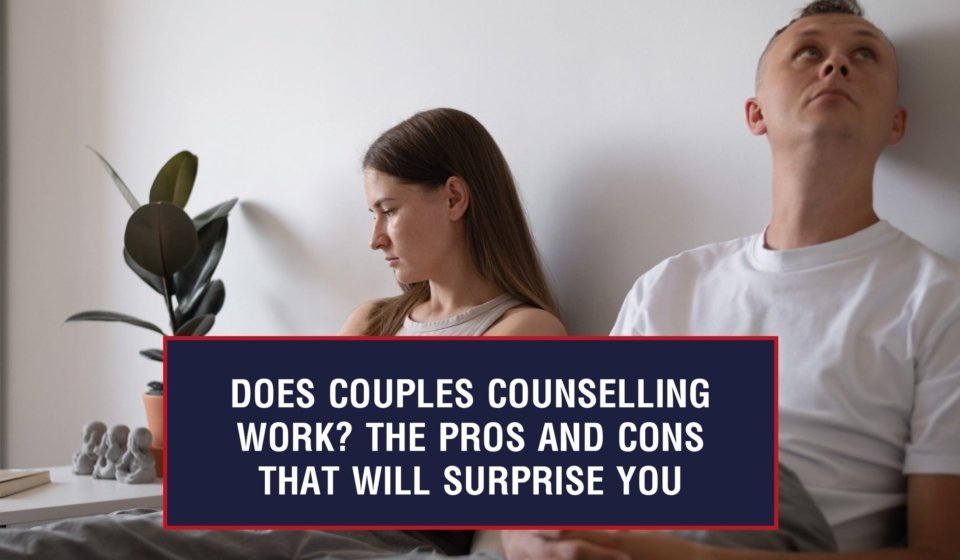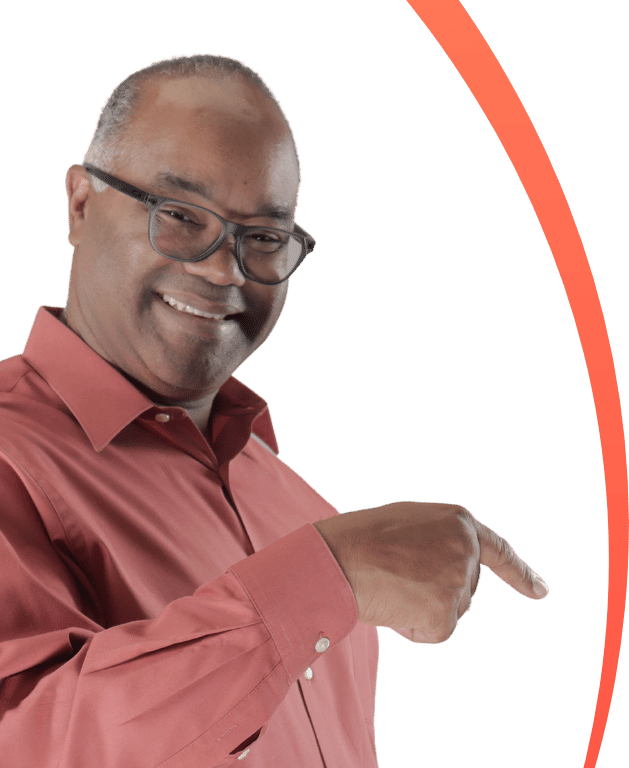Talking about sexual acts in some religious circles is a controversial topic and makes many people uncomfortable. It is not difficult to understand why if we consider that sex is a gift from God. Someone said that when Adam and Eve got married, the gift God gave the newlyweds was sex. The Bible presents sex as one of the greatest blessings human beings have ever received. That is why Satan has done all he can to misrepresent this divine blessing. Today, I want to talk about a subject that could bring joy to many and make others uncomfortable. But there is nothing to worry about when the truth illuminates our understanding.
So, I will start with a question: is the sexual act something innate or something we learn? As you can see, this is a complex question and one that has produced many debates. Let us try to learn together.
The sexual act was established by God
God created us as sexual beings. We were born with the innate ability to experience sexual pleasure. Our genes, hormones, body shape, genitalia, and method of reproduction show God’s intention that our sexuality would be directed towards the establishment of loving intimacy, sexual pleasure, and reproduction.
Sex is an instinct for human beings. An instinct is something innate, natural, and part of our body. Based on this definition, we can also say that human beings have several different instincts, such as the instinct to be thirsty, hungry, secure, belonging, and more. All of these instincts are part of human survival. Just like sex.
What is interesting about this is that these natural or innate instincts are susceptible to anxiety and can be altered, overridden, or manipulated by our thoughts, emotions, or competitive motivations. For example, the instinct to eat is influenced by personal experiences, thoughts, and emotions, and is the reason many people have eating disorders. The same can be said regarding the instinct for safety and security. That instinct can be altered by the stress and anxiety that a person experiences, leading to anxiety disorders.
So, what can we say about sex?
If the sexual act were something simply natural, not something learned or developed, I would not have needed to study to be a marriage therapist because people would never have problems with their “sexual instinct.” Taking part in a sexual act would be as natural for us as breathing or eating. We would do it even without thinking.
This is true for animals, but not for human beings, who have the brain to think and process their experiences. How nice it is to think that men would have erection problems only due to diseases such as diabetes and not due to psychological problems! And women would never have problems with low libido, orgasms, or worry about how these conditions will affect their relationships.
Studies about the sexual act
So, we can conclude that while the sexual instinct is part of our human nature because we are sexual beings, this does not mean that it also comes with built-in knowledge about sex, and what to think about it. That is why we can conclude that sexual activity is something we learn. This argument is the opposite of the one presented by Master and Johnson.
They based their recognized pioneering study of sexuality on a biological model. The sexual act is more than a biological model. It is so complex that it crosses the borders of biology and integrates all dimensions of the human being.
Tiefer, in his book Sex, is Not a Natural Act, uses the analogy of learning to ride a bike to understand sexual acts. Although we naturally have everything we need to ride a bike, we also need instructions, guidance, and help to enjoy doing it. The same is true with sexual acts.
We learn to enjoy a good sexual act with our spouse through learning. To have a good time, we must learn to give and receive pleasure. This is not a one-way thing, as, contrary to popular belief, women do not exist purely to give men pleasure. We learn to have a good sexual act by discovering the power of human touch in expressing love and affection.
The sexual act also depends on knowing the moods, reactions, and desires of our spouse. Learning from the other’s body. Learning through the years, not just days, weeks, or months. Besides, learning as true partners throughout many seasons, not just as newlyweds. Learning to give and receive feedback. Learning to be sexually vulnerable. I am convinced that no one is born knowing how to have good sex. Nobody. This is something we learn.
The sexual act is natural
We have spent a lot of time preparing human beings to function at their full capacity as adults by teaching them about reading, math, good manners, how to drive a car, develop career skills, and how to get along with other people. But why haven’t we invested the same energy into helping human beings learn to have a sexual act that fulfills God’s original plan?}
Oh, I know what you are thinking. This cannot be discussed in our churches because it is a private matter. When was the last time your church talked about this topic? I understand that it is a private matter, but it does not mean that we must live in ignorance about it.
Let us ask ourselves, where do our young people go to learn about sexual acts? There is a great intellectual void in this area. And, our young people learn about sex at school, with their friends, on television, but most of all, sadly, using pornography or romantic novels.
Michael Cattleman, in his book Great Sex, compares learning about sex by watching porn with learning how to drive by watching action movies with cars racing at a high speed. Action movies are very entertaining, but at the end of the movie, you know that this is not how to drive in real life.
What do you think of my argument? Do you agree with me? If you do not, that is fine. Share your criteria. How could we make our society aware of the need to learn how to have a good sexual act?


